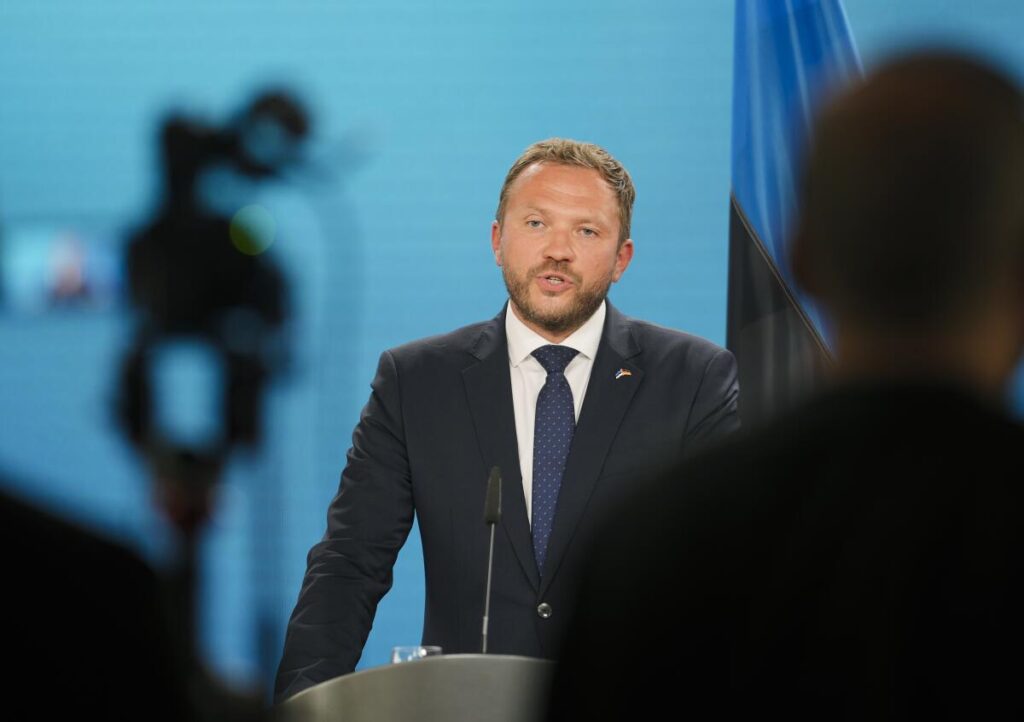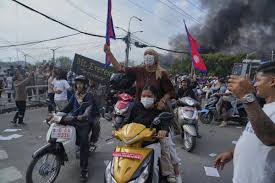
Estonia will allow Taiwan to open a nondiplomatic representative office of Taipei in the Baltic country to boost economic and cultural ties with the self-governing island but pledged to stick with the “One China” policy in political relations.
The government of Estonia, a member of the European Union and NATO, revised its approach to Taiwan at a Cabinet meeting on Nov. 2 while discussing the country’s China policy, Foreign Minister Margus Tsahkna told local media outlets on Friday.
China claims Taiwan, an island about 160 kilometers (100 miles) off its east coast, as its territory. Beijing considers Taiwan as a rebel province to be brought under its control by force if necessary.
Under the “One China” principle, Beijing holds a position that there is only one sovereign state under the name of China, and that Taiwan is an inalienable part of China.
“Estonia does not recognize Taiwan as a country. As part of the One China policy, we will not develop political relations with Taiwan,” Tsahkna said. “At the same time, we consider it important to revive relations with Taiwan in economy, education, culture, communication between civil society organizations and other such fields,” he said.
He said that Estonia, which has a population of 1.3 million people, wants to align its current China policy with that of the 27-member EU, which similarly to the Baltic nation sees Beijing as “a partner, a competitor, and a rival.”
“All these aspects must be taken into account in (Estonia’s) China policy,” he said.
Tsahkna’s comments came just days before Joseph Wu, Taiwan’s foreign minister, is set to visit Estonia. Wu will deliver a speech on Taiwan’s foreign policy and attend a discussion panel by a local think tank in the capital, Tallinn, on Nov. 8.
Wu isn’t arriving to Tallinn at the invitation of the Estonia’s government and won’t officially meet with Cabinet members during his visit, Tsahkna stressed but added that “we see nothing wrong with Mr. Wu visiting Estonia.”
In 2021, Estonia’s Baltic neighbor Lithuania allowed Taiwan to open an unofficial diplomatic representative office — a de facto embassy — in its capital, Vilnius, despite Beijing’s strong opposition. The move triggered Beijing to launch an unprecedented economic coercion campaign against EU and NATO member Lithuania.




